What you can do
Challenging information provided in advertisments to healthcare professionals by breastmilk substitute manufacturer
#scientificandfactual
1
Write to the editors of journals and magazines that you read or subscribe to
If you regularly receive or read publications that carry advertising for breastmilk substitutes (BMS), please write to the editor citing our report, Scientific and Factual, and asking them to remove advertising for BMS from their pages. You can point out that some advertisements contravene the regulations. Advertising BMS to health workers may be permissible in law but creates conflict of interest and undermines the WHO Code of marketing of breastmilk substitutes and subsequent WHA resolutions, which aim to protect health workers and the families they support. Anyone working in an area which is, or has been, working towards UNICEF Baby Friendly accreditation (over 90% of maternity services and over 80% of health visiting services in the UK) will have received training on how to work within the WHO Code and been advised to remove publications containing formula advertisements from their facilities and to avoid conflicts of interest on study days and at conferences.
Journals rely on subscriptions and losing readership could challenge their financial viability, so feedback from readers and subscribers is particularly important. A list of journals that take advertising and the editors’ details, and some example emails or letters you could send are shown below.
Click below to access example letters – please feel free to amend and adapt the wording to raise particular concerns you have with editors :
Peer-reviewed journals
Magazines aimed at health workers
If you are in a Baby Friendly area
Below we have listed some of the magazines and journals that take advertising with the names of their editors.
